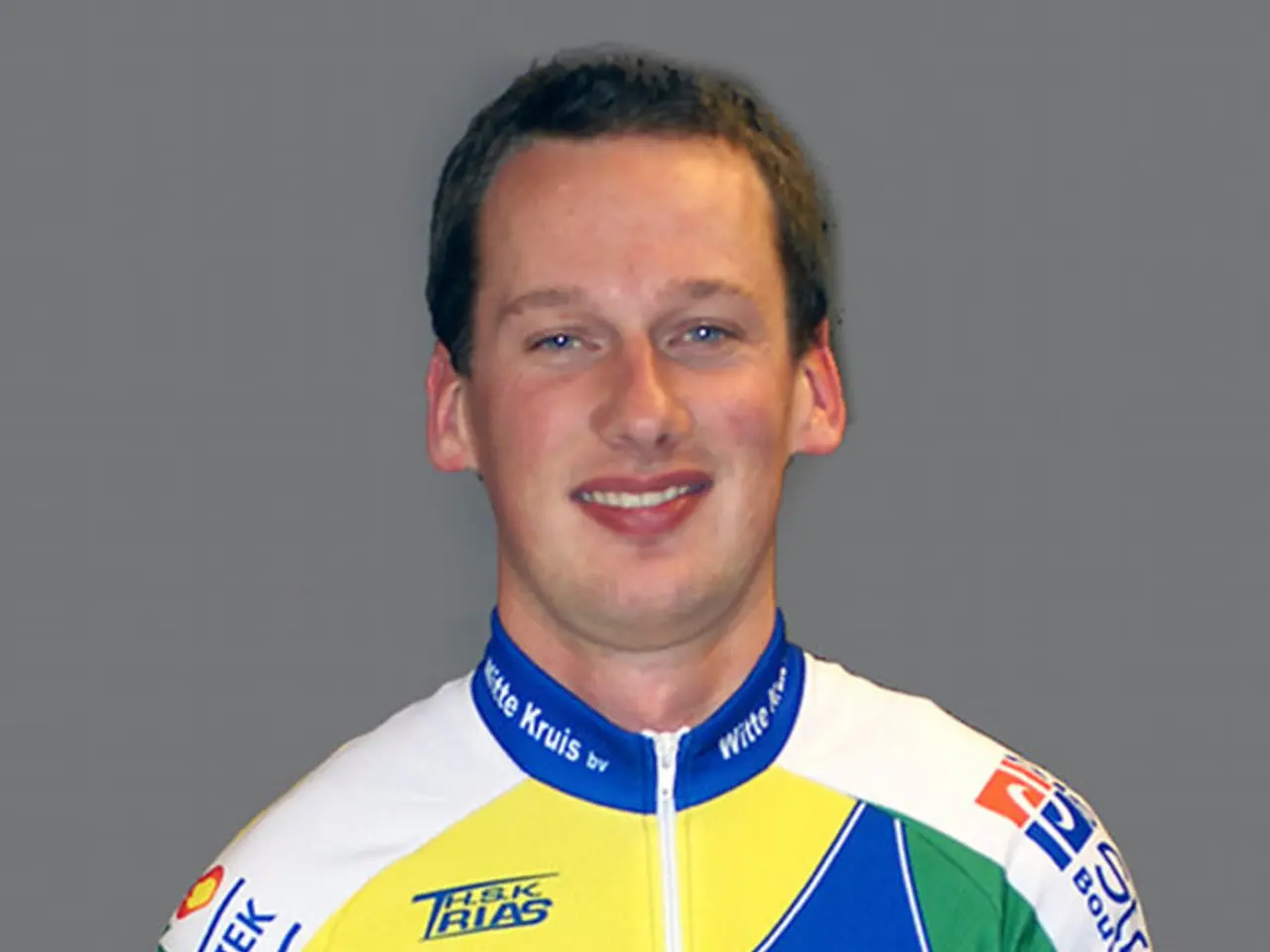Golf professional Patrick Reed's appeal against a $750 million defamation claim filed by the Golf Channel has been denied.
In a recent ruling, the U.S. Court of Appeals for the Eleventh Circuit has upheld a Florida trial judge's decision to dismiss two federal lawsuits filed by Patrick Reed, the 2018 Masters Champion, against the Golf Channel, Brandel Chamblee, and others.
Reed's lawsuits stemmed from defamatory remarks made about his decision to join LIV Golf in 2022. The antitrust case between the PGA Tour and LIV Golf, which resulted in Reed's suspensions, had already been resolved via settlement in 2023.
Reed's complaints alleged that the defendants' comments, which included comparisons of LIV Golf to the "evil empire's ... Death Star" and working for tyrannical, murderous leaders like Stalin, Hitler, Mao, Pol Pot, and Putin, caused him to lose multiple multimillion-dollar sponsorship deals, including with Titleist, Nike, Ultimate Software, cbdMD, Callaway, Tax Slayer, Perry Ellis, NetJets, Quicken Loans, Draft Kings, and Travelers.
However, the Eleventh Circuit's panel ruled that Reed's case has a major flaw: he failed to plead that any of the defendants acted with actual malice in making the statements. In defamation lawsuits, plaintiffs must establish that the statement in question was false, attempted to assert a fact, was delivered to others, and caused harm. Public figures, like Reed, have the additional hurdle of proving actual malice, meaning the defendant made the untrue and reputationally harming statement while knowing it was false or with reckless disregard as to whether it was false.
The panel further noted that Golfweek and other publications republishing critical comments about Reed did not have serious concerns about the accuracy of the published statements or were highly cognizant that the statements were likely false. A failure to investigate does not, by itself, establish actual malice, and ill-will or evil intent does not count as actual malice in a defamation case.
If Reed wishes to challenge the court's decision, he can petition the Eleventh Circuit for a rehearing en banc, where other judges on the Eleventh Circuit would hear the case. If a rehearing en banc fails for Reed, he could petition the U.S. Supreme Court.
It is worth noting that there are no publicly known records of Patrick Reed having been involved in defamation lawsuits against media representatives Brandel Chamblee and Eamon Lynch, nor of him having the duty to prove the allegation of actual malice in such cases.
This ruling serves as a reminder that public figures, such as professional golfers, must meet a higher standard of proof in defamation cases. The court's decision underscores the importance of establishing actual malice in defamation lawsuits, particularly in cases involving high-profile figures and controversial decisions.
Read also:
- Stopping Osteoporosis Treatment: Timeline Considerations
- Tobacco industry's suggested changes on a legislative modification are disregarded by health journalists
- Trump's Policies: Tariffs, AI, Surveillance, and Possible Martial Law
- Expanded Community Health Involvement by CK Birla Hospitals, Jaipur, Maintained Through Consistent Outreach Programs Across Rajasthan




